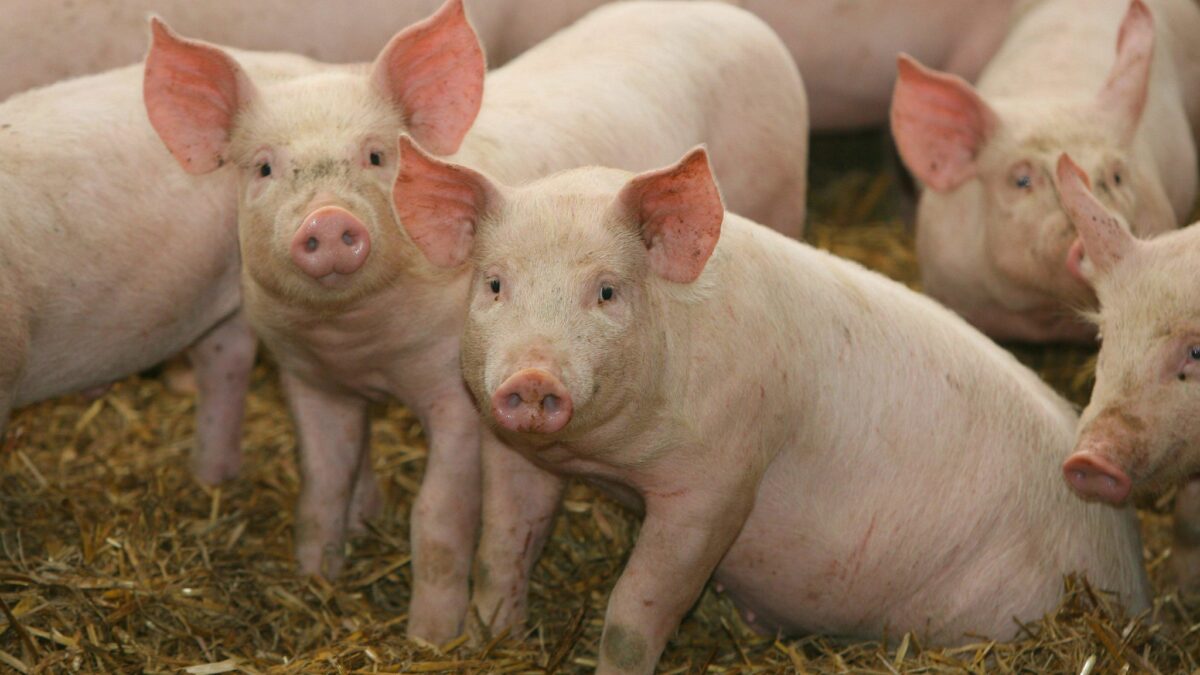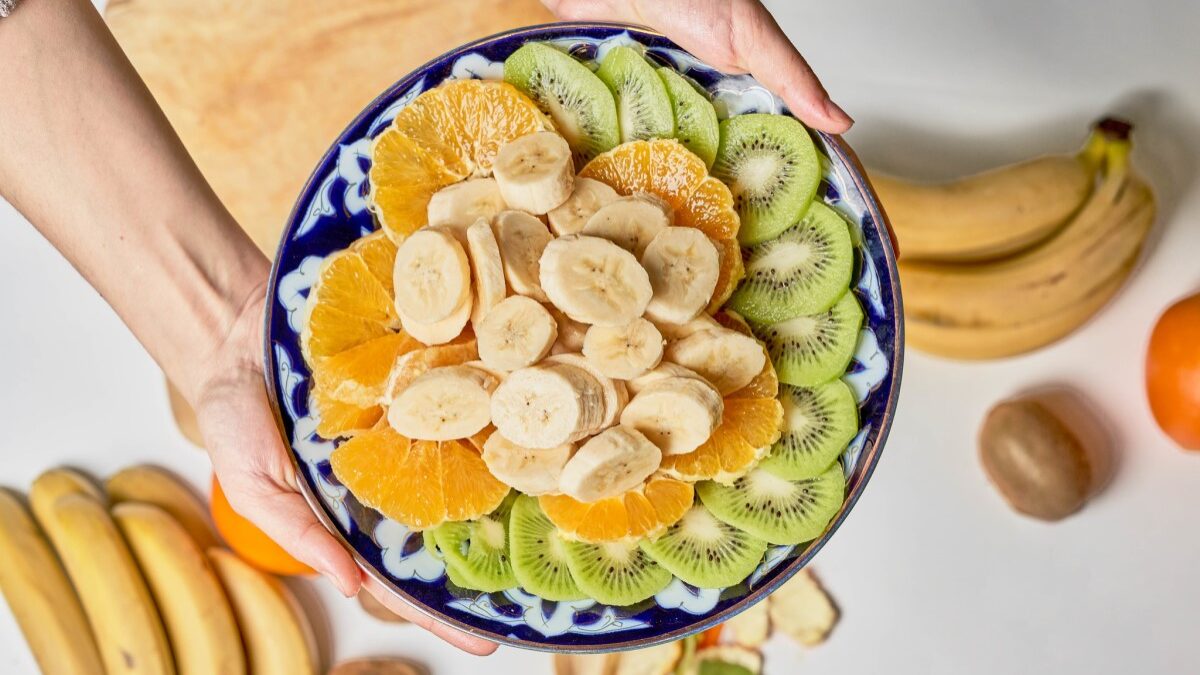
The holiday season has officially arrived! We herald it with cheery colorful lights, parades with Santa, tranquil Nativity scenes—and food. Lots and lots of wonderful food, from the big holiday meals to the proliferation of all these seemingly harmless gift baskets brought to you by oh-so-thoughtful clients and vendors. How nice, right? Right. Except not for a lot of people.
The everpresence and overabundance of sweets and salty snacks make the holidays the best and worst of times for anyone with an eating disorder or issues with food in general. An estimated 30 million Americans suffer from a clinically significant eating disorder in their lifetime. Along with the typical obsessions with counting calories we now have a new, yet unofficial, food-based disorder in orthorexia, an obsession with only eating food that a person considers healthy. Add in the number of people who are simply calorie- or weight-conscious—I think I’m up to every person I know now—and that’s a lot brain power being spent on “How much have I eaten today?”
One would think that holiday food would be less anxiety-provoking, what with all the tech at our fingertips now that keeps track of our steps, cardio exercise, sleep patterns, what we’ve eaten, how much we weighed this morning as compared to yesterday, heart rate, etc. Or, perhaps, all of these things could be making us even more anxious about all the food hanging around for the next month. Whenever I hear enthusiasts discussing all their FitBit numbers I can’t help but think, “You’re obsessing too much,” and that says a lot coming from me.
I Feel Your Pain, Friends
I am solidly in the 30 million who have dealt with an eating disorder. I have known food anxiety that was debilitating. For eight years during my twenties, I struggled through first anorexia and then bulimia, obsessively keeping track of every food I ate and step I took. It was on a continuous loop in my mind.
Along with the everyday anxiety about food, every holiday season was a nightmare for varying reasons as I went from bringing my own pre-made food to family dinners and refusing to eat anything else to going for thirds then unceremoniously cutting out for home the second I was done and before the food could digest too much. Often my food anxiety levels would be so high that it affected everyone around me. I’ve been the cause of more awkward meals with family or friends than I ever care to count.
Luckily, five years ago I started to slowly recover and retrain myself to think about food differently, especially during the holidays. I learned and developed a lot of strategies to help deal with the overwhelming tension and worry I had over eating pretty much anything not on a “super foods” list, and the last few years of holidays have been the least anxious of my adult life. Here are a few of the most helpful things I’ve learned.
1. Have a Plan or Goal
But be realistic. Nothing is more self-defeating than a plan that’s doomed from the start. The temptation to tell yourself “I’m only going to put turkey breast and vegetables on my plate…Oh, and no dessert” is just asking for undue stress and likely failure. Little goals, like no going for seconds or no liquid calories (i.e. punch, wine, etc.), that are easy to accomplish have a higher likelihood of being kept.
2. Treat Yo Self
One of the worst things you can do is restrict yourself completely from enjoying the things you love. That goes for just about anything in life (unless it’s something harmful, and in that case cut it out). My best example of this is an eggnog breve latte. I have one a year. It’s basically 800 calories in a cup and makes me a little sick for the rest of the day, but I love and look forward to it.
3. Have a Little Bit of Everything
This one is similar to number two, but is more a way to reduce food anxiety when you’re at a holiday meal or party. The three-bite rule is exactly what it sounds like: let yourself have up to three bites of anything. While usually seen as a dieting trick, I’ve used it as a way to stop having anxiety about what I’d eaten. Keeping track of three bites requires a bit of mindfulness at first, but once it’s a habit it’s a fairly easy way to not have a lot of anxiety or guilt about what you ate while not feeling deprived of holiday foods you enjoy.
4. Move It or Lose It
Your mind, that is. Exercise reduces stress, and if you have anxiety about food then knowing you’re doing something to keep the daily balance closer to zero is doubly effective. The holidays being especially busy and the days being short and cold can often make a full workout seem impossible, but even ten minutes is better than nothing, and mentally getting into the habit of exercising is more important than the actual calories burned in the short-term holiday season.
5. Relax
Here’s where the advice gets philosophical and in your head. When—not if—you slip up and are reaching into the container of Peppermint Roca in the break room more than once a day or don’t get to that 15-minute walk for the third day in a row, don’t beat yourself up about it too much. To quote a great philosopher, “You gotta put your behind in your past.” (Okay, so Pumba from “The Lion King” isn’t a philosopher per se, but he’s not wrong.)
Of course, I’m not saying to stop trying when you mess up, but the best way to not create even more anxiety around the holidays is to not focus on how much you ate yesterday, or even earlier today. Even if you made the same vow yesterday that you would hit the gym, or stay away from the Christmas cookies the receptionist brought in, it doesn’t mean every day will be like that. Just keep that in mind when the stress starts to creep back in.
Remember, the holidays are supposed to be happy and joyous, so let’s be that.









